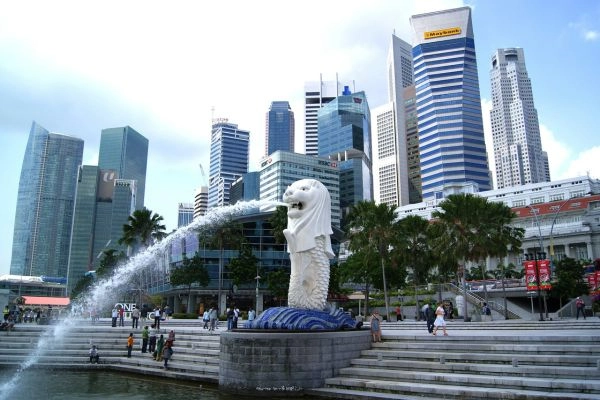What Singapore’s Climate Disclosure Roadmap Means for Your Business

Singapore is at the forefront of climate-related financial regulation in Asia, and the pace of change is accelerating. With the introduction of its Climate Disclosure Roadmap, the Singapore government has made it clear: climate reporting is no longer optional—it’s a business imperative.
Key Milestones: What’s Coming and When
The roadmap, developed by the Accounting and Corporate Regulatory Authority (ACRA) and SGX RegCo, introduces a phased approach to mandatory climate-related disclosures. It aligns closely with the IFRS Sustainability Disclosure Standards (ISSB S1 and S2), ensuring Singaporean companies are reporting to globally recognised benchmarks.
Here’s a quick summary of the key dates:
- FY 2025: SGX-listed companies must report Scope 1 and Scope 2 emissions.
- FY 2026: Scope 3 reporting required for listed companies (pending readiness review).
- FY 2027: Large non-listed companies (≥S$1B revenue and ≥S$500M assets) must report Scope 1 and 2.
- FY 2027: Limited assurance begins for listed companies.
- FY 2029: Limited assurance applies to large non-listed companies.
This means that businesses must begin preparing well before the official deadlines if they want to ensure smooth implementation and avoid compliance risks.
It’s More Than Emissions
Climate disclosures aren’t just about numbers. They also require companies to report on:
- Governance of climate-related risks
- Strategy and resilience in a changing climate
- Risk management processes
- Metrics and targets, including how your organisation is aligning with net-zero or decarbonisation goals
If you're new to these requirements, the learning curve can feel steep. That’s where having a clear strategy and the right support becomes essential.
Why It Matters for Your Business
- Investor scrutiny is increasing. Global funds and institutional investors are paying closer attention to ESG performance. Companies that cannot demonstrate climate accountability may find it harder to access capital.
- Assurance is coming. By FY2027, external limited assurance will be mandatory. Companies must be prepared to provide structured, verifiable data—especially on emissions.
- ESG talent is scarce. Many companies don’t have the in-house expertise to build compliant, audit-ready disclosures. The earlier you start, the better your chance of getting it right.
How Speeki Helps
At Speeki, we make the transition to mandatory climate reporting manageable. Our platform is aligned with ISSB S1 and S2, and designed to support:
- Capture of Scope 1 and 2 emissions
- Planning and readiness for Scope 3
- Export-ready reports in PDF and XBRL formats
- Built-in guidance and localised expertise for Singapore’s regulatory environment
For companies needing assurance, Speeki Guardian® offers independent, limited assurance over ESG disclosures, helping you meet upcoming compliance milestones with confidence.
Singapore’s roadmap isn’t just a regulatory obligation, it’s a signal that ESG leadership is now part of doing business. Companies that start early and take climate disclosures seriously will have a competitive advantage not just in compliance, but in reputation, resilience, and long-term value creation.
Ready to get started? Contact us to learn how Speeki can support your climate reporting journey in Singapore.
